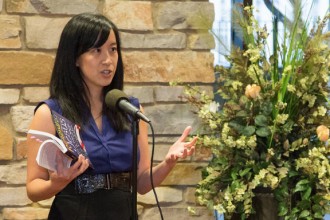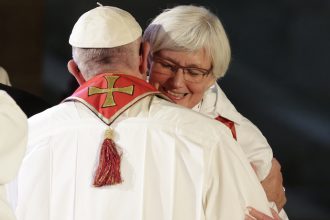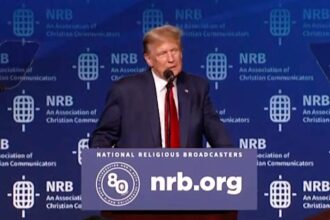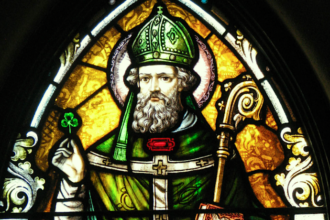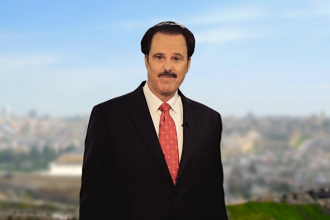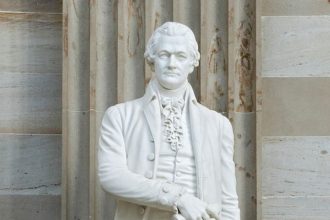
When Religious Disagreement Seems the Least of Our Problems: The Future for “Interfaith” in a Divided Society
…n that it pulls one element of identity—religious affiliation—to the fore, reads it as a core fulcrum of tension, and then builds an entire process of negotiation and diplomacy around that one identity point. This seems like a narrow way to think about identity. It’s also a narrow way to think about pluralism, which involves the interaction of all kinds of worldviews, not just those that fit into the box we call faith—itself a very Christian conce…
Read More

